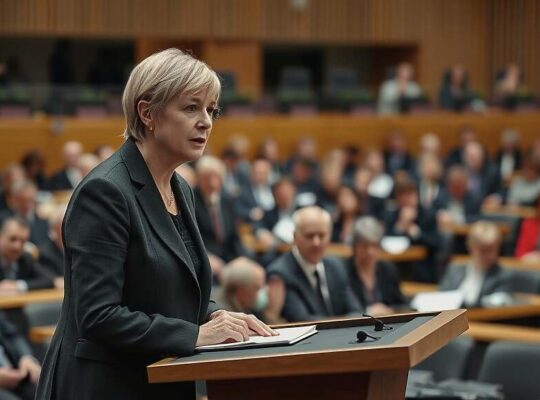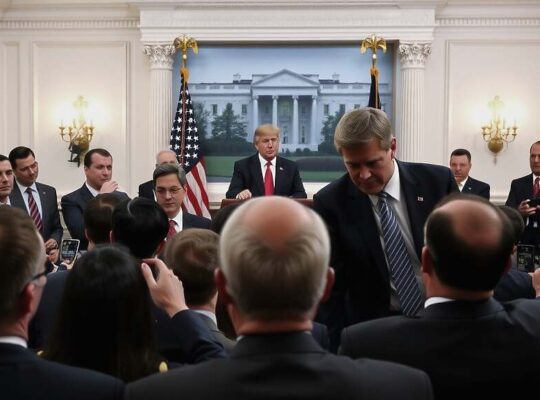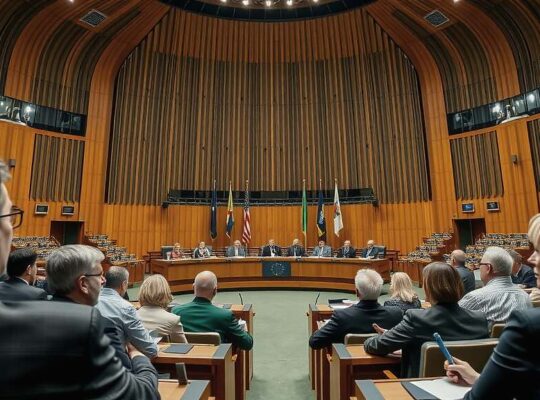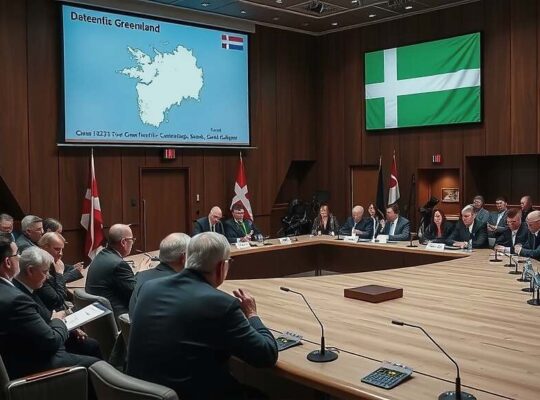The German medical community is escalating pressure on the ruling coalition government, urging a significant expansion of its proposed “active retirement” scheme to include self-employed physicians. Klaus Reinhardt, President of the German Medical Association, has publicly criticized the current legislative draft, arguing its exclusion of independent practitioners represents a short-sighted and potentially damaging oversight in addressing the escalating healthcare staffing crisis.
Reinhardt’s assertion comes amidst growing concern over a looming healthcare supply gap, fuelled by a rapidly aging workforce and a chronic shortage of new entrants into the profession. He questioned the rationale behind excluding a crucial segment of the medical workforce – those practicing independently – from the incentive program, which offers tax-free income for continued part-time work after the official retirement age. He warned that neglecting the potential contribution of established, experienced physicians would severely hamper efforts to mitigate the impending crisis.
The severity of the situation is underscored by concerning demographic data. Almost 30% of specialist physicians in Germany are already over the age of 60, a figure exceeding 40% within general practice. This demographic reality coincides with a persistent and growing number of vacant house physician positions – currently exceeding 5,000 – further exacerbating the strain on existing resources. Survey data reveals a disturbing one-in-four general practitioners are contemplating leaving the profession within the next five years. Reinhardt stressed that the incoming generation of physicians is simply unable to compensate for these anticipated departures.
Recognizing the potential to retain experienced medical professionals, Reinhardt estimates that enabling continued part-time work could generate the equivalent of approximately 20,000 full-time positions. Initial surveys suggest a significant proportion – 60% – of general practitioners express a willingness to extend their careers, provided the conditions are favorable. These conditions include reduced bureaucratic burdens and a move towards shorter, more flexible working hours. Reinhardt emphasized that tax benefits, mirroring those currently exclusive to employees covered by social security contributions, could offer a powerful incentive for experienced physicians to remain engaged in the healthcare system. Critics argue that failing to incorporate self-employed physicians risks undermining the entire initiative and ultimately contributing to a deepening and potentially irreversible healthcare crisis.












